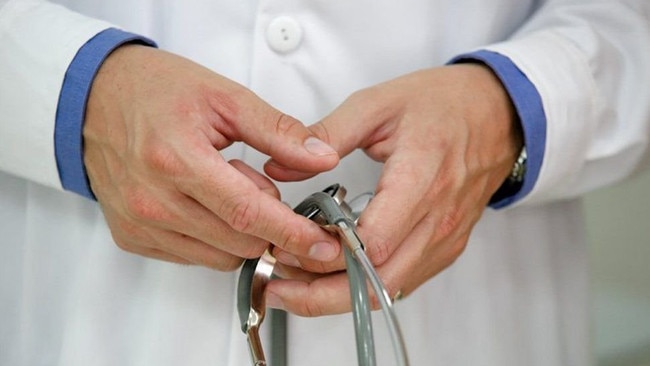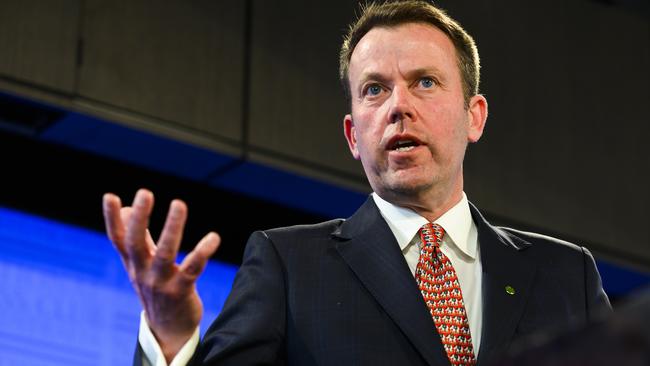Medicine and pharamacy degrees rank highest for job opportunities, research shows
Finding a full-time job after graduating university can sometimes be more difficult than the course itself, however new research shows the university degrees that almost guarantee immediate work.

Students who completed university degrees in medicine, pharmacy and rehabilitation were almost guaranteed to land a full-time job once they graduated, a new survey has revealed.
But those who studied more general degrees found it more difficult — with almost half of creative arts graduates not in full-time work.
The 2019 Graduate Outcomes Survey obtained by the Herald Sun shows that 72.2 per cent of all undergraduates were in full-time employment four months after completing their degree, down slightly from the 72.9 per cent the previous year.
But three years after they graduated, 90.1 per cent of all graduates were in full-time work, up from the previous year.

Education Minister Dan Tehan said the Government had made graduate employment outcomes the key metric of its performance-based funding model for universities.
“We want universities to strengthen their focus on producing job-ready graduates with the skills to succeed in the modern economy,” Mr Tehan said.
“The productivity gains from improving graduate employment outcomes and lifting completion rates are worth an estimated $3.1 billion a year by 2030.
“Further improving the job readiness of university graduates will help the Morrison Government achieve its goal of creating another 1.25 million jobs over the next five years, including 250,000 new jobs for young Australians.”
The survey covered 132,000 graduates across 109 higher education institutions.
The figure show that in 2019, the median salary for a graduate in full-time work was $62,600, up from $61,000 in 2018.

In total, 92.4 per cent of all graduates were in either full or part-time work, and graduate unemployment was 3.3 per cent, well below the national average of 5.3 per cent.
But the type of degree studied was highly influential on a person’s immediate full-time work opportunities.
The figures show degrees including pharmacy (95.7%), dentistry (86.2%), medicine (91.1%) and rehabilitation (92.4%) had the highest-rates of full-time employment shortly after graduation.
Degrees in creative arts (52.9%), tourism and hospitality, personal services, sport and recreation (56.4%), communications (60.1%), maths and science (63.4%) and psychology (63.4%) were much less likely to result in an immediate full-time job.
Dentistry graduates earned a median salary of $88,200, while pharmacy graduates started with a median salary of just $48,000, the lowest graduated salary. This is despite pharmacy graduates being the most likely of all students to quickly get a full-time job.
The survey also showed the gender gap between full-time employed male and female graduates continued, with women earning $3200 or 4.9 per cent less than male graduates.
MORE NEWS:
STUDENTS SICK IN FLEMINGTON GASTRO OUTBREAK
RADICAL IDEA TO OVERHAUL VICTORIA’S HIGH SCHOOLS
ST KEVIN’S STUDENTS ‘SPAT ON’ AMID CHANT FURORE
Male graduates had a median salary of $64,700 across all study areas, while female graduates earned a median salary of $61,500.
The report notes that the gender gap in salaries is partly explained by the fact females were more likely to graduate from study areas which receive lower levels of remuneration.
“However, it is also the case that at the undergraduate level females earn less overall than their male counterparts within most study areas,’’ the survey finds.
The largest gender gaps existed in architecture and the built environment ($10,000), law and paralegal studies ($6300), creative arts ($4800), psychology, ($4700) and dentistry ($4500). In the areas of communications, social work and pharmacy female graduates were equal, or better-paid, than their male counterparts.
